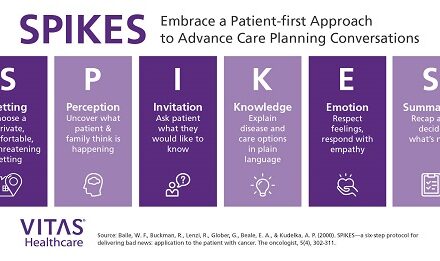This March, HHS Secretary Alex Azar pledged at the Federation of American Hospitals’ conference that the department is committed to transitioning to a value-based care system, saying the government may need to intervene to an "uncomfortable degree" to incentivize change. He laid out four areas of emphasis for HHS: giving consumers greater control over their health data by improving interoperability; encouraging price transparency from both payers and providers; utilizing experimental models in Medicare and Medicaid; and removing "government burdens that impede this value-based transformation." This reiterates the movement towards value-based care.
“There is no turning back to an unsustainable system that pays for procedures rather than value. In fact, the only option is to charge forward — for HHS to take bolder action, and for providers and payers to join with us. This administration and this President are not interested in incremental steps. We are unafraid of disrupting existing arrangements simply because they’re backed by powerful special interests.”
– Alex M. Azar II, United States Secretary of Health and Human Services
As the move toward value-based outcomes intensifies, the focus on efficiency, eliminating waste and profitable margins will too. Hospital executives agree there is a mandate to deliver high quality care at lower costs. Can providers add value in how healthcare is delivered overall and increase their “razor-thin margins”? The answer? The push to make care more affordable – and more efficient – is to push forward on value-based care across the care continuum.
BDO’s quick take: Industry pressures associated with demographic shifts, rising drug costs, medical innovation, changing reimbursement, and the growth of complex, chronic diseases offer robust challenges to the attainment of value. These pressures suggest the need for aligning, implementing and sustaining healthcare delivery that is both clinically and financially efficient. Leading policymakers, researchers and experts have identified a promising evidence-driven approach that focuses on patient outcomes to facilitate healthcare provider attempts to cut costs and enhance the overall well-being of their patient populations.
The key principles of value-based healthcare – a focus on quality, cost and efficiency – across the entire care continuum are more important than ever. Aligning all stakeholders so they can transition successfully to the value in the value-based healthcare environment requires reforming an entrenched system. Instead of separate payments for each consultation or treatment, healthcare organizations, med tech, life science and biotech companies, must adopt a new approach to payments, tied to value through episodes of care in systems such as bundled payments or on risk adjusted models of care similar to Medicare Advantage, PACE programs or under Medicaid Waiver programs of note.
Post Views: 851


























